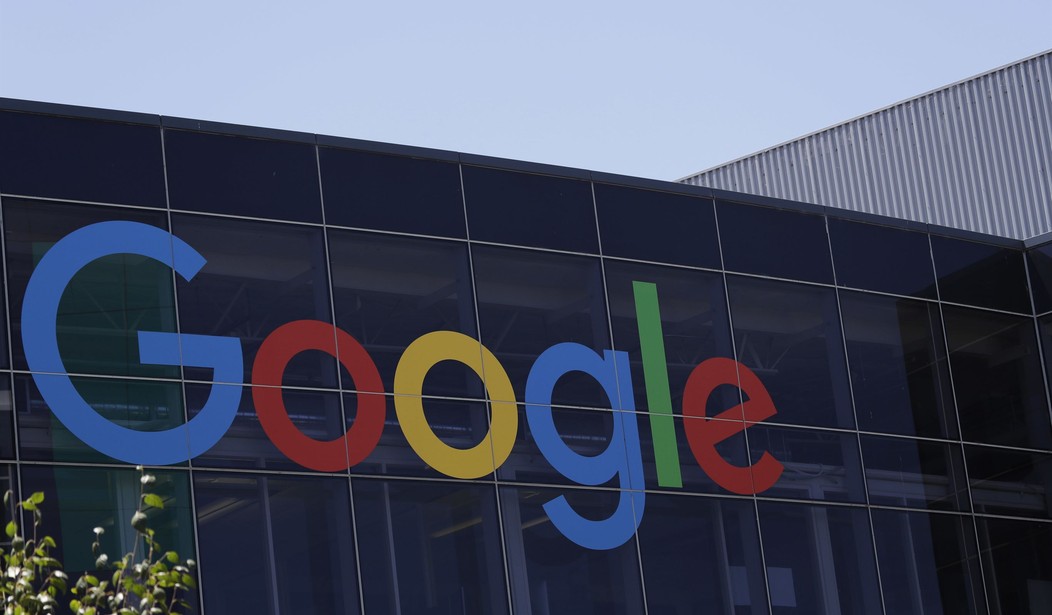American antitrust enforcement is intended to protect market competition against unfair business practices of individual actors — supposedly. However, in the Department of Justice’s (DOJ) antitrust action against Google Search, the government’s case, if successful, could substantially lessen competition in online search markets by barring the tech giant from engaging in common, pro-consumer business practices.
In a trial that began this month, the DOJ will attempt to prove the dubious theory that Google Search engages in anticompetitive practices to maintain an alleged — though contested — monopoly. It has challenged Google’s business agreements whereby web browsers, device manufacturers, telecommunications operators, and others preset Google Search as their default search engine.
The DOJ’s case has little merit. Based solely on Google’s astounding success, the agency seeks to transmogrify ordinary, pro-competitive, pro-consumer business practices into nefarious, monopolistic conduct.
Such default agreements well predate Google’s stratospheric success. The DOJ case admits it can trace Google’s deal with Apple to be the default engine for Apple’s Safari browser to 2005. That year, Google only represented about a third of the search market, rivaled closely by Yahoo.
At a hearing earlier this year, a government attorney made an astounding suggestion: that Google, at some point, upon achieving some putatively monopolistic market share, ought proactively and voluntarily to have withdrawn from these arrangements. Google, the attorney argued, “could have written a letter to Apple and said, ‘Look, we find ourselves in a position where we’re a monopolist now, so we’re not going to enforce terms that limit who you can do business with because we understand that may be a Section 2 violation.’” (Apple’s Safari web browser has made Google its default search engine.)
Recommended
Google’s partners elect to establish a default engine on their devices and browsers for their users’ convenience, and they choose Google Search due to its superiority over such competitors as Microsoft’s Bing and DuckDuckGo; Apple CEO Tim Cook has labeled Google Search “the best.” Indeed, users revolted when Mozilla Firefox in 2014 made Yahoo its default browser, after which Mozilla prematurely terminated its contract with Yahoo and reinstated Google Search. On Bing, Microsoft Edge’s default search engine, users search “Google” more than almost any other query.
Google’s partners rely on the revenues the default agreements provide. For example, in 2021, Google’s payments comprised 83 percent of Mozilla’s revenue. These default deals have, moreover, deflated the prices of Android-based devices, increasing the competitive pressures on Apple’s iOS family. “The ultimate outcomes of an antitrust lawsuit should not cause collateral damage to the very organizations…best positioned to drive competition and protect the interests of consumers on the web,” Mozilla warned after the DOJ announced its case in 2020. The company added that “Unintended harm to smaller innovators from enforcement actions will be detrimental to the system as a whole, without any meaningful benefit to consumers.”
Despite much overwrought fretting about “exclusivity,” any consumer who prefers a non-Google search engine may switch quickly and easily to their preferred option. Many default agreements also do not preclude manufacturers from providing other search engines with second-tier promotional status, for which Google’s competitors readily pay.
What’s more, these default deals have clear offline analogues. Food manufacturers, for example, regularly pay grocers “slotting fees” to receive more prominent shelf placement. A lengthy 2003 study by the Federal Trade Commission found that “both retailers and food manufacturers found that slotting fees were not just an efficient way of allocating shelf space — they were also an ordinary marketing cost for new food products,” as Chamber of Progress CEO Adam Kovacevich relates.
Google achieved its current success by developing a product that far surpassed its competition — a status it has maintained through continuous, energetic innovation. Google will not, however, remain perpetually dominant. It faces growing threats from such marketplaces as Amazon, social media, and, increasingly, artificial intelligence. But consumer choice and robust, free competition — not Washington’s bureaucrats and lawyers — can resolve these struggles best.
In essence, the government’s case seems to presume that once a company reaches a certain level of success, its competitors deserve a handicap. It is as if the NFL, after Tom Brady’s fifth championship, decreed that the Patriots would be allowed to pass the football only during the first half of all subsequent Super Bowls they were to play in. Neither the real-life antitrust theory nor the NFL’s hypothetical one would increase competition.
If actualized in policy and enforcement, this presumption threatens the American tech sector’s global dominance and, by extension, American consumers and national security. U.S. firms lead the world due largely to the relative regulatory freedom in which they operate. Should Washington regulate away that freedom, the corresponding market success will likely vanish as well.
David B. McGarry is a policy analyst at the Taxpayers Protection Alliance.

























Join the conversation as a VIP Member